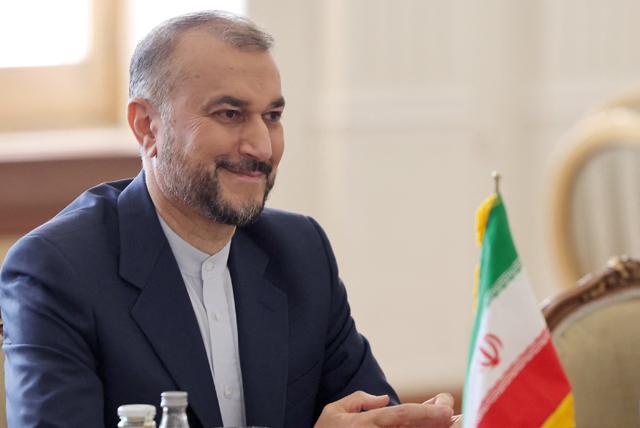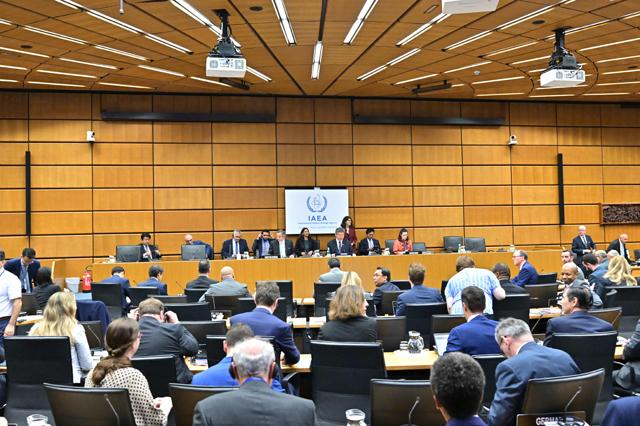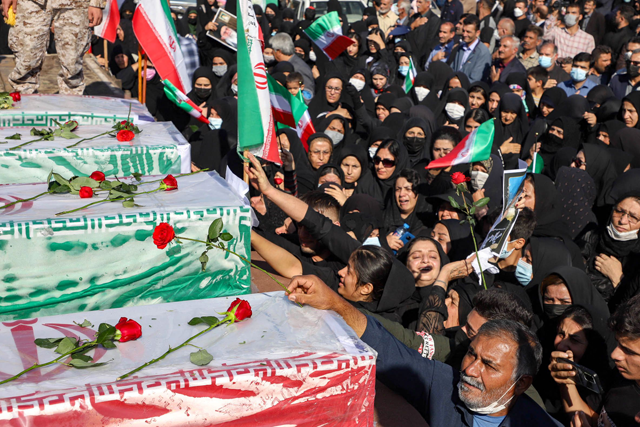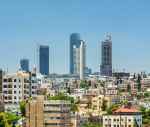You are here
Iran says it still believes nuclear talks can yield deal
By AFP - Jun 14,2022 - Last updated at Jun 14,2022

Iran’s Foreign Minister Hossein Amir-Abdollahian looks on during his meeting with his Pakistani counterpart at the foreign ministry headquarters in Iran’s capital Tehran, on Tuesday (AFP photo)
TEHRAN — Iran on Tuesday said it still believes that negotiations can succeed to revive the 2015 nuclear deal with world powers, despite a recent rebuke from the UN nuclear watchdog.
Tehran last week condemned as “unconstructive” a move by the International Atomic Energy Agency (IAEA) to censure the country for failure to cooperate over its nuclear programme.
It also disconnected some of its cameras at nuclear sites, a move the IAEA warned could deal a “fatal blow” to negotiations to revive the nuclear deal.
“We believe negotiations and diplomacy are the best ways to reach the final point of the agreement,” Iranian Foreign Minister Hossein Amir-Abdollahian said during a joint press conference with his Pakistani counterpart Bilawal Bhutto Zardari in Tehran.
Talks began in April last year to bring the United States back into that landmark agreement, after then president Donald Trump withdrew in 2018 and left it hanging by a thread.
The negotiations also aim to lift sanctions on Iran and bring it back into compliance with nuclear commitments it made to world powers as part of the deal.
But the ever-delicate dialogue has been stalled since March.
The IAEA’s Board of Governors on Wednesday adopted a resolution censuring Iran for failing to adequately explain the previous discovery of traces of enriched uranium at three sites which Tehran had not declared as having hosted nuclear activities.
Amir-Abdollahian said that prior to the IAEA’s move, Tehran had put forward a new initiative that the US had accepted, adding that Washington nonetheless moved to submit the resolution censuring Iran.
But the Islamic republic would not abandon negotiations, he said, adding that “contacts in the diplomatic fields will continue” through the European Union.
Iran “will not distance itself from... diplomacy and negotiations to reach a good, strong and lasting agreement”, Amir-Abdollahian noted.
The deal, known formally as the Joint Comprehensive Plan of Action, gave Iran sanctions relief in exchange for curbs on its nuclear programme to guarantee that it could not develop a nuclear weapon — something Tehran has always denied wanting to do.
But the US withdrawal in 2018 prompted Iran to begin rolling back on its own commitments under the pact.
Iran’s Foreign Ministry spokesman Saeed Khatibzadeh on Monday said all the measures the country has taken to scale back on its obligations under the accord are “reversible”.
Related Articles
VIENNA — Iran on Monday denied reports that it has enriched uranium up to 84 per cent, just below the 90 per cent needed to produce an atomi
VIENNA — Major European countries and the United States are expected to seek to censure Iran as the UN atomic watchdog started meeting on Mo
PARIS — Iranian security forces have killed at least 378 people, including 47 children, in a crackdown on protests sparked by Mahsa Amini's


















